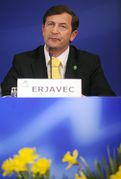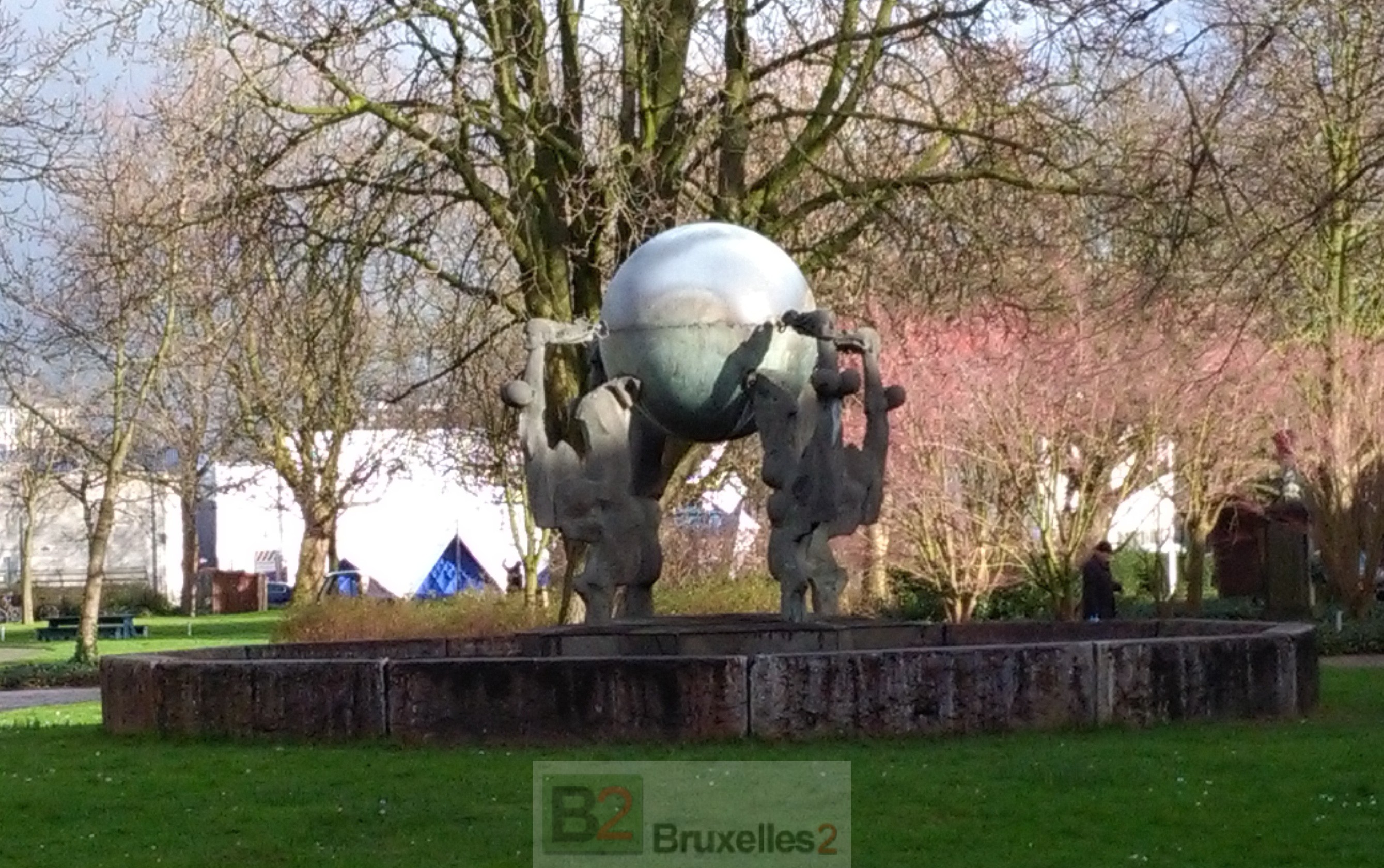“The specificity of the EU: intervening between peace and war”, Karl Erjavec
(B2) On the sidelines of the informal Council of Defense Ministers, in Brdo in Slovenia, the Slovenian Minister of Defence, Karl Erjavec (*) who chaired the meeting spoke out in favor of setting up common funding more important in ESDP matters. He advises Europeans not to lose their cool over the situation in Kosovo and Serbia. And he sees the latest incidents more as a catharsis. Finally, he considers that Africa is the privileged field of action for the Europe of defence.

After the independence of Kosovo, several incidents took place, also in Serbia. You know your neighbors well, Serbs and Kosovars. How do you assess the situation?
The situation is very delicate. I understand the Serbs who are full of emotion, because it is a question of the history of Serbia. But I'm sure what's also very important to them is the quality of life. It is very important to give meaning to the European perspective that we offer them. It is also important – after the latest events (at the American embassy in Belgrade in particular) which are a “bad signal for Europe” that the Serbian authorities send a good signal to Europe. I think they will become reasonable. We had a situation of status quo for a long time, for nine years, which could not last. And everyone expected what happened. But it is the step to get out of the situation in which the Balkans have been for many years.
Listening to you, we have the feeling of being rather at the end of the crisis. That this explosion of violence in Belgrade (with the burning of the American embassy) is rather a catharsis?
Yes quite. For me, we are more at the end of a troubled period. We turn the page of 15 years of war. It won't be easy. But time is a very important element in the region.
What if you had one piece of advice for your European colleagues?
Europe must not lose its cool. Do not “hit” the Serbs too hard. We must, on the contrary, help Serbia, open the door to Europe. And this door must not only be a political word, we must also have economic programs. All the problems, I am sure, are based on the fact that there is not a good economy, a future for the population. Europe does not need to be present in the region only with soldiers. But it must give a perspective, a better life. For me, security depends above all on economic development and the opening of borders. The situation may stabilize. When the Balkans are stable, we will no longer have a gray spot on Europe.
The EU has a recurring problem of military capabilities, particularly in terms of strategic transport, to what do you attribute this?
First of all to a change of strategy. Throughout the Cold War, we had a security concept based on static defence. Today, States no longer defend their country in
their national territory. We defend peace and stability outside our country. The concept changes, the means too. We need more capabilities to send the military. This does not
not done in a day.
Shouldn't the rules then be changed, if not Community funding, at least more common?
As small countries, we are for it. We have small armies and buying a strategic airlifter is a problem. If on some projects, we can do them together and finance them together, that would be good. This also applies to missions. If a country makes a decision to participate in a mission, it will have to finance everything. While the one who does not go there does not finance
this involvement. It is not fair. We can't go on like this. There are significant costs. Big countries don't want common funding. But long-term European funding will have to be found. Because the future will require more and more missions from the EU. And stability is not increasing in the world.
For you, then, is Africa the field of action for European security policy?
Clearly this is priority #1. Look at Kenya, it's a stable country. Spend the night. And today it is no longer stable. New crises can set in that very directly threaten our stability. Africa is very close to several of our countries. There are migration streams. Look at the situation in Spain, in southern Italy. If we don't deal with the problems where they are, they will come to us. It's not theory, it's reality. The substance of the European security strategy is there. Only Europe is able to carry out missions in Africa. America is quieter, there is an ocean between them. But we only have one sea. That's why I also find it very important that there is Mediterranean cooperation.
How do you see NATO-EU cooperation?
NATO is a specialized military organization. It has the ability to intervene in a situation of strong violence, high intensity. The EU can intervene more in complicated situations, between peace and war, where development and security are needed. For me, the EU has several drawers, including that of security policy. NATO only has one.
For you, is this the contribution of Europe?
Yes it is the European added value. Alongside NATO, which is typically military, we have a broader vision. Everywhere I've been, I've seen it if there's no right conditions,
of hope for a better life, we have here the breeding ground for nationalists, tensions, extremism and therefore security problems.
(Nicolas Gros-Verheyde)
(*) Born in 1960, in Belgium, Karl Viktor Erjavec returned to Slovenia to complete his studies, in Kranj (very close to the conference center of the Slovenian presidency, in Brdo). After graduating from the Faculty of Law in Ljubljana, he was then employed in the public sector until 1990. He then became a member of the Municipal Council of Kranj. From 1995 to 2000, he was in charge of the service of the Slovenian Ombudsman for fundamental human rights issues. He has written many articles on this subject. Then he became Secretary of State for judicial administration at the Ministry of Justice.
NB: an interview published in Europolitics on February 27
